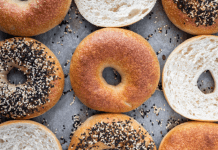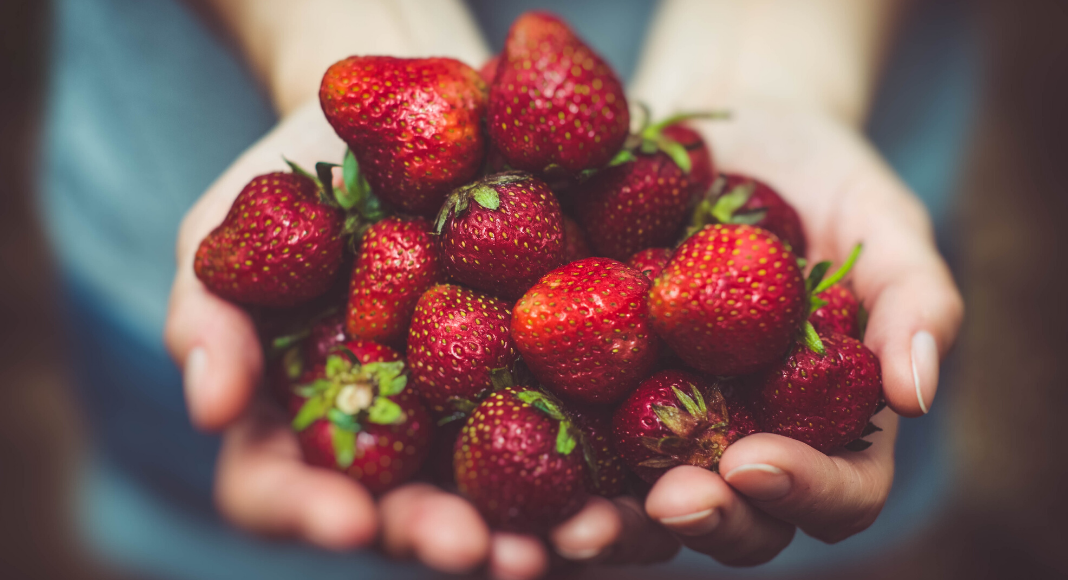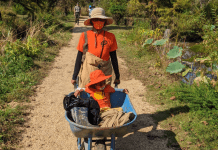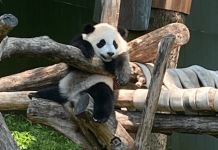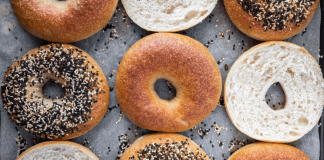A beautiful baby with an uncertain future
I held a tiny baby for the first time fifteen years ago. At that time, becoming a mother wasn’t on my radar—I hadn’t even met my husband. Yet despite the beauty of this child in my arms I nearly hyperventilated, for when I looked at him I saw death.
My mind was racing. Every impulse in my body made me want to protect this innocent child from what the world would throw his way. This baby’s father was younger than me, and yet he was in jail and accused of murder. I also knew that the state would seek the death penalty since my client was poor and black.
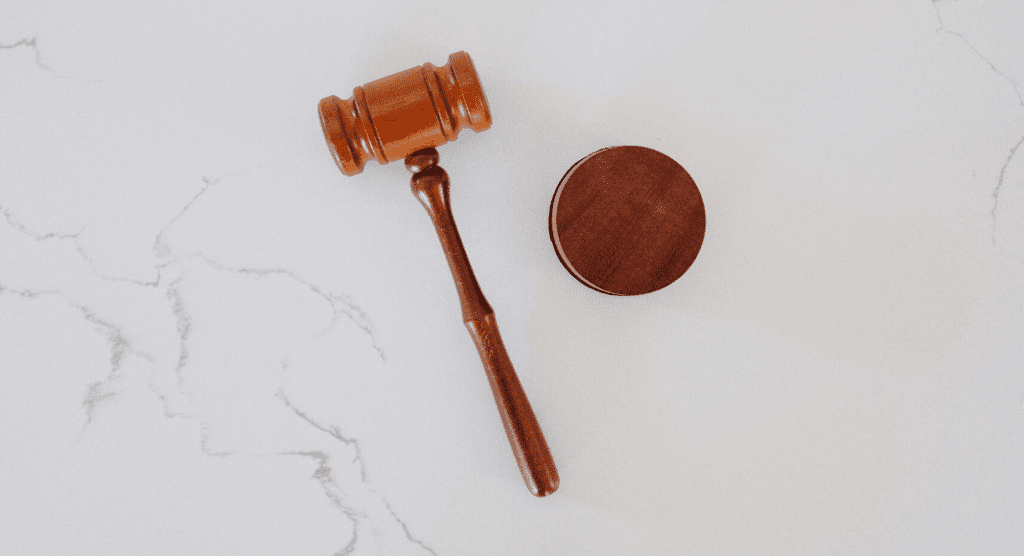
Disparate treatment in our legal system
In law school at the time, I spent part of the summer of 2005 working in criminal defense in North Carolina. To this day North Carolina and 21 other states still have the death penalty. The Baldus study, which analyzed over 2,000 murder cases in the state of Georgia in the 1970s, shows that even when you eliminate all nonracial variables people of color are 4.3 times more likely to be charged with death than white defendants. Thus a “good” outcome for this father of two young children would be spending decades behind bars, with his children only seeing him there.
That summer, I often spoke with other defense attorneys about how our clients “never got a chance in life.” As I combed through my client’s file, I noticed a childhood filled with a lack of education, opportunity, and safety. Yet there were also stories showing glimmers of hope. I saw my client’s dedication to his girlfriend, the mother of his two children. Every time we met I witnessed my client’s reserved, calm personality. He also treated me with respect. I felt the least I could do would be to offer him solid professional representation.
My experience in the legal field shows me that people of color are treated differently in our justice system. This disparate treatment creates a range of wrongs, from incarceration for nonviolent offenses to voter disenfranchisement. If you’d like to learn more about this issue I encourage you to check out The New Jim Crow by Michelle Alexander.
Children and parents should be together whenever possible
Now that I’m a parent my understanding of what incarceration and the death penalty means has taken on a whole new level. I now have two children who are close in age to my client’s children at the time I represented him. For every incarcerated parent there is a child without their presence. My client’s children would now be teenagers. I pray that the world has treated them better than it treated his father.
My obligation as a white anti-racist parent
Recently, I saw a beautiful black child holding a protest sign that read, “When do I stop being cute and become a threat?” This disparity in treatment is something to learn about, lament on, and act upon. As a white person, I have benefitted from white privilege. It is not only important for me to continue learning from and listening to the voices of people of color. It’s also important for me to support my children in understanding racism. This election year, it’s incredibly important for us to support leaders committed to anti-racist policies and criminal justice reform. The children of this country count on us to do our part to provide a world of justice and peace.


